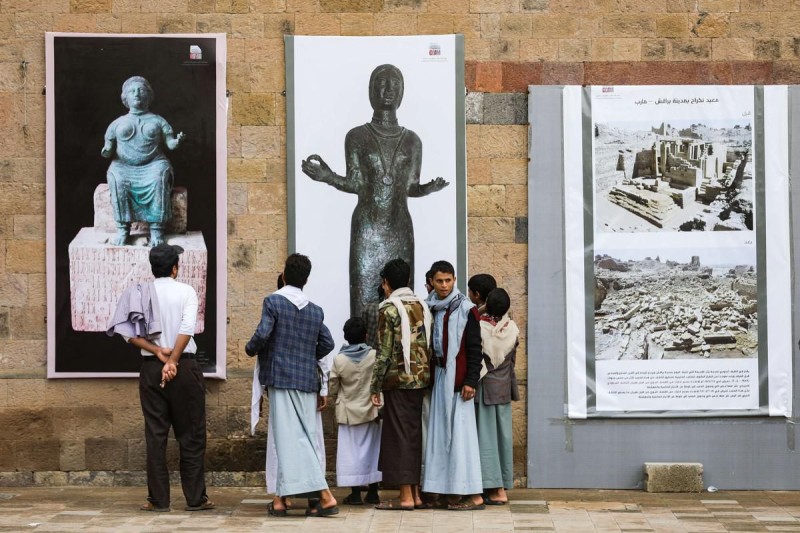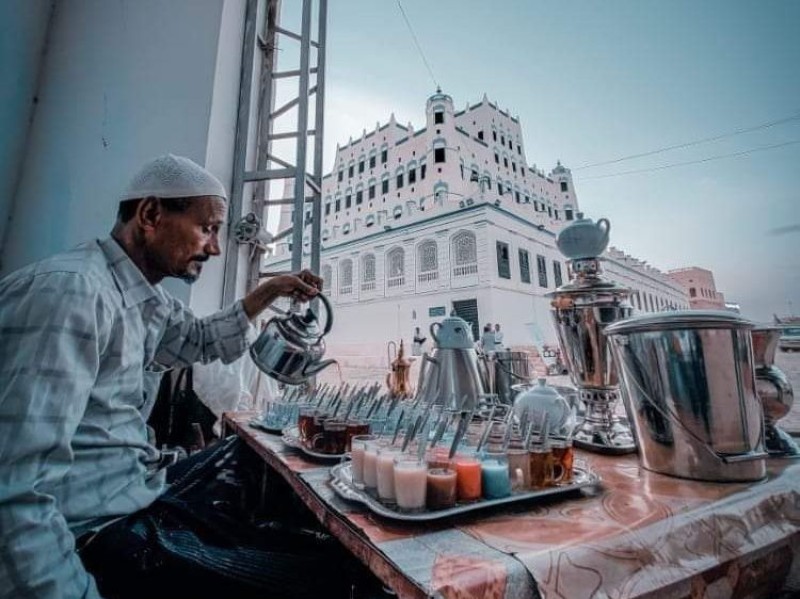Queue through the night: Yemen sees severe fuel shortage in Houthi-held areas


In Sanaa, the queues for petrol stretch as far as the eye can see. They are so long that drivers spend several nights in their cars before reaching the station for a refill.
When they get to the end of the line, the petrol may not even be available.
According to the vice chairman of the Red Sea Ports Corporation, Yahyah Sharafaddin, the last ship to offload in Yemen's Hodeidah seaport was on 20 May.
Rebel Houthis have accused the Yemeni government and the Saudi-led coalition allied to it of preventing 22 fuel ships from offloading in the strategic port, saying these ships had been given permission by the United Nations Verification and Inspection Mechanism for Yemen (UNVIM) to do so.
Djibouti-based UNVIM was set up in 2015, as the coalition accused the Houthis of smuggling Iranian missiles and arms through Yemeni ports under their control, including through Hodeidah, a charge both the Houthis and Tehran deny.
Speaking to Al-Sahat TV Channel, a spokesperson for the Yemeni Petroleum Company in Sanaa described the situation as "a kind of siege on Yemen by the Saudi-led coalition" and called for the UN and international community to intervene.
Queueing to live
For many drivers in Sanaa and Houthi-held areas, every hour spent in the queue is income lost.
The few petrol stations that remain operating are open for only six hours a day and have capped the quantity of fuel that drivers can purchase: each bus can get 40 litres every four days, and each car can fill up 30 litres every five days.
"It is a struggle to fill the bus with 40 litres [of petrol]. This is the third day that I've been waiting in front of petrol stations and still cannot fill up," Ashraf al-Haimi, a 43-year-old bus driver in Sanaa, told Middle East Eye.
On the first day, he waited from morning to evening at one petrol station and then was told that the fuel had run out. So the next day he moved his bus to another station, hoping for better luck.
Haimi says he's tired of this job. But since he has no other source of income to support his family of seven, his only option is to wait patiently and hope there's still petrol left when he reaches the front of the queue.
"Nowadays I spend two to three days waiting to fill up my bus with 40 litres of petrol. Then I work for just two days before having to return to the queues again."

Sana’a – The General Authority for Antiquities and Museums, operating under the control of the Houthi militia in the occupied capital S…

Hadramout — UNESCO has officially inscribed Al-Dan Hadrami, a traditional poetic and musical art form from Yemen’s Hadramawt region, on…

NewYourk  -- The renowned auction house Sotheby’s has revealed plans to present one of the rarest surviving Yemenite Torah scrolls in it…